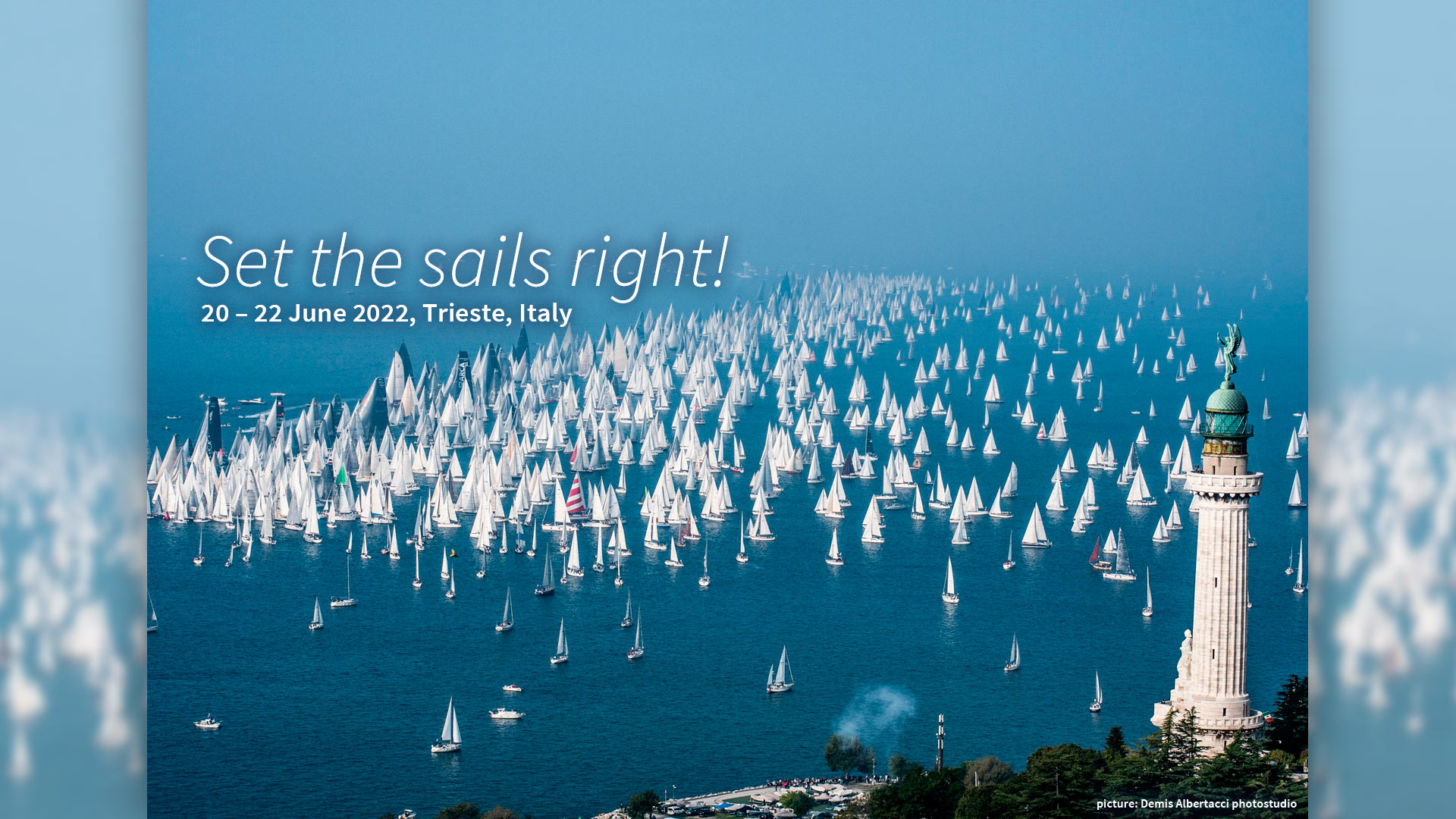Responding to disinformation in times of COVID-19 and geopolitical conflict
22 Jun 2022 16:20h - 17:30h
Event report
This session shed light on disinformation, what should be done and what has been done to address it. The session also focused on geopolitical conflicts and disinformation; not a new phenomenon, but, with social media, one that has gained a new dimension. Finally, panellists also discussed research on information governance and public and private approaches.
Ms Nicola Frank (Head of Institutional and International Relations, EBU) opened up the session with the EU Commission’s definition of disinformation, namely, ‘false or misleading content that is spread with an intention to deceive or secure economic or political gain, and which may cause public harm’. She added that it can have ‘a range of harmful consequences, such as threatening our democracies, polarising debates, and putting the health, security and environment of EU citizens at risk.’ Frank added that we have seen during the COVID-19 pandemic how disinformation can polarise public debate and that the infodemic has been also a driver of crises.
Mr Matthias C. Kettemann (Leibniz Institut for Media Research, Hamburg / University of Innsbruck, Austria) agreed that what we are seeing today is not a new phenomenon. However, we have a new quality of disinformation, in that it is now weaponised and used to further certain political ends. Kettemann explained that the problem with dealing with disinformation is that it is a ‘wicked’ problem that cannot be solved, only mitigated. Moreover, talking too much about disinformation leads to a decrease in trust in traditional communication processes and in authorities. He said that this is actually a primary goal of disinformation. He stressed that disinformation is part of any conflict strategy and states are in the best position to fight against disinformation by prohibiting news outlets completely. States have processes of dealing with disinformation through audit and control.
Ms Rachel Pollack (Associate Programme Specialist, Freedom of Expression and Safety of Journalists, UNESCO) presented some of the work and findings of UNESCO in countering disinformation in the context of COVID-19. Pollack showed statistics from a report on World Trends and Freedom of Expression in Media Development that was released in March this year. She said that many challenges have confronted journalism in 85% of the world’s population; for instance, journalism has experienced a decline in press freedom in the last five years and a persisting threat to the safety of journalists in the last five years (455 journalists were killed during their work, with a spike this year related to the war in Ukraine). We have seen a 50% drop in global newspaper advertising revenue. UNESCO has observed a ‘disinfodemic’, as named by the World Health Organisation (WHO). Along with the spread of the pandemic occurred a spread of rumours, myths, and misleading statements that had a harmful impact. She explained that the general approach by UNESCO to counter disinformation is building competencies in media literacy, developing courses, and offering massive, open online courses training more than 30,000 journalists. Furthermore, in cooperation with WHO, UNESCO has initiated a series of interagency dialogues on disinformation and data transparency. UNESCO also has a resource centre for responses to COVID-19.
Ms Urska Umek (Head of the Media Unit, Media and Internet Governance Division, Council of Europe) elaborated on media freedom restrictions and restrictions to other fundamental rights in a crisis situation. Umek said that she agrees that it is permissible to restrict freedom of expression in crisis situations, and not only for limited amounts of time. However, the limitations also have to meet certain requirements to be compliant with the European Convention of Human Rights. She said it is also understood in the human rights context that extraordinary circumstances will require extraordinary measures while legality and proportionately of restrictions must be taken into consideration.
Mr Giacomo Mazzone (Member of the EDMO Advisory Board) spoke about the activities of European Digital Media Observatory (EDMO), which is the EU Commission-funded independent initiative. The EDMO is now represented in many countries in Europe as a network of organisations created by a consortium based in Florence. The EDMO is a mix of various initiatives: one is fact-checking, in which media literacy experts and academic researchers analyse disinformation.
By Kristina Hojstricova
Related topics
Related event

